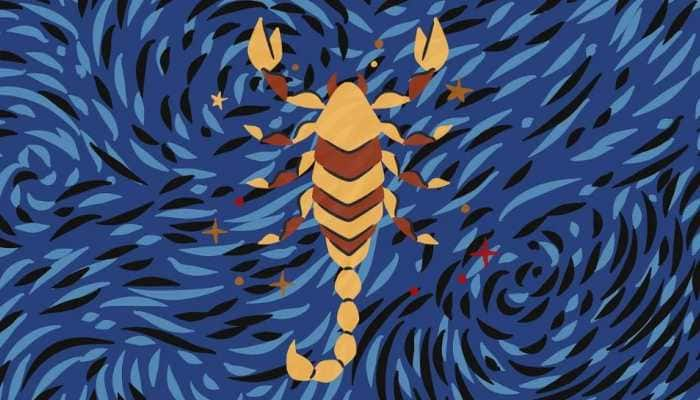Ramadan 2024: Optimize Your Nutrition And Energy Levels- Foods To Eat And Avoid During Sehri And Iftar
Ramadan, a cherished time for Muslims worldwide, is more than fasting; it's a period of spiritual reflection and community. Here are some diatary recommendations to avoid any health troubles while fasting this Ramazan. Read below.
- In India, people have observed their first Roza on March 12, 2024
- The month of Ramadan will culminate with Eid al fitr and the last Roza will be observed on April 9, 2024
- It is important to focus on nourishing our bodies with healthy foods during this sacred islamic month
Trending Photos
) The fasting, known as sawm or roza, begins at dawn and ends at sunset, with the pre-dawn meal called Suhoor and the meal to break the fast called Iftar (Pic credit: Freepik)
The fasting, known as sawm or roza, begins at dawn and ends at sunset, with the pre-dawn meal called Suhoor and the meal to break the fast called Iftar (Pic credit: Freepik) Ramadan, the ninth month of the Islamic lunar calendar, is a holy month observed by Muslims worldwide. It is a time of fasting, prayer, reflection, and community. The fasting, known as sawm, begins at dawn and ends at sunset, with the pre-dawn meal called Suhoor and the meal to break the fast called Iftar.
During Ramadan, Muslims focus on prayer, reading the Quran, and engaging in charitable activities. The month culminates in the celebration of Eid al-Fitr, a festival that marks the end of Ramadan. Eid is a time of joy and thanksgiving, with special prayers, feasting, and the exchange of gifts.
Customs during Ramadan vary across different cultures and regions, but common practices include increased attendance at mosques, the giving of alms to the poor, and the sharing of meals with family and friends.
Dietary habits also change during Ramadan, with an emphasis on wholesome foods that provide sustained energy throughout the day and special dishes that are enjoyed during the month. Ms. Varsha Gorey, Clinical Nutritionist at Apollo Hospitals in Navi Mumbai shares particular foods or meals that are recommended for suhoor (pre-dawn meal) and iftar (breaking fast) to optimize nutrition and energy levels as a nutritionist.
Foods to Eat And Avoid During Ramadan Fasting
Suhoor: Foods to Eat
- Whole grains like oats.
- Protein sources such as legumes, eggs, curd, cheese, chicken, or fish.
- Whole grains contain complex carbs for steady energy.
- Proteins aid in muscle repair, reduce hunger.
- Fruits and vegetables provide hydration, fiber, vitamins, and minerals
Also Read: Ramadan 2024: How Fasting Impacts Your Blood Sugar? 10 Tips To Maintain Stable Glucose Levels Throughout The Day
Suhoor: Foods to Avoid
- Coffee and energy drinks (contain caffeine)
Iftar: Foods To Eat
- Start with something light like dates and water.
- Dates provide natural sugars, fiber, potassium, and magnesium.
- Balanced meal including fruits, vegetables, rice, meat, and dairy.
- Proteins aid in tissue maintenance and building.
- Whole grains and complex carbs recharge energy stores.
- Vitamins, minerals, and fiber aid in digestion.
- Healthy fats like nuts, seeds, and MUFA oils for sustained energy release
Iftar: Foods To Avoid
- Avoid overeating or too many fried foods
- Drink plenty of water to stay hydrated throughout the day







)
)
)
)
)
)
)
)
)
)
